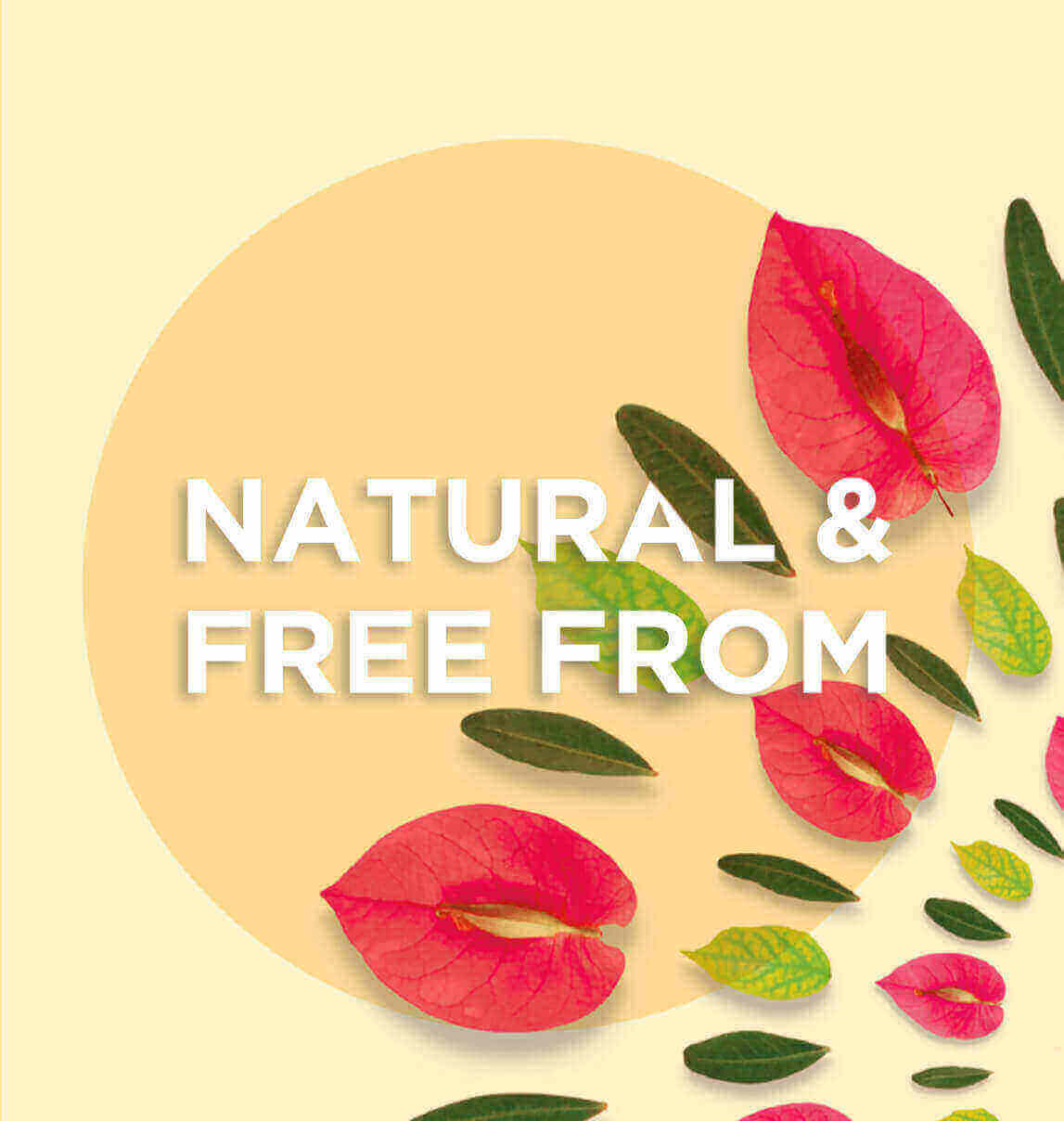As the seasons change, SAD can be effectively prevented using a number of medicinal plants, called “adaptogens”. These plants have specific properties to fight against all symptoms of SAD.
Eleuthero and Rhodolia are two particularly effective types of these “adaptogen” plants and act in the following ways:
Eleuthero Eleutherococcus senticosus (root)
- Contains stimulating and hypoglycemic agents (added to oral anti-diabetic medicines)
- Boosts resistance to physical fatigue (burnout)
- Contains anti-asthenic agents (fights against morning, evening and exercise fatigue)
- Boosts resistance to stress (psychological, biological, physical), acting on serotonin levels.
- Contains immunostimulative agents (prevention of infectious diseases)
- Stimulates blood circulation and boosts resistance against the cold (helps the body to warm up)
- Reduces heart rate
- Prevents ageing (organs, cells, neurodegenerative pathologies)
Rhodolia Rhodolia rosea (root)
- Improves attention span and intellectual capabilities
- Contains anti-depressant and anxiolytic agents
- Improves physical capabilities
- Helps adaptation to effort
- Reduces fatigue
- Prevents addictions
- Contains immunostimulant agents (prevention of infectious diseases)
- Boosts adaptation to altitude
- Has an endocrine function, cardio and hepato-protective action
- Prevents ageing (organs, cells, neurodegenerative pathologies)
Rhodolia’s main benefit is its ability to regulate cortisol levels, which has a generally positive effect on fatigue, stress, depression and cognitive disorders. It’s also more effective than Eleuthero for increasing work capacity, both in managing capabilities and information absorption. Its regulatory function mainly targets the central nervous system via neuromediators, whereas Eleuthero mainly targets adrenal glands. Together, Eleuthero and Rhodolia are both extremely effective.
Both of these root plants can also be combined with other plants such as passiflora, escholtzia, lemon balm or hawthorn.
Nutrition therapy aims to slightly increase magnesium levels, which intervenes with the transmission of neuromediators and B vitamins. Both of these participate in the synthesis of brain substances.
Dealing with SAD requires a comprehensive approach (using several methods) which allow for a versatile care method. Achieving peace of mind is also another great way to ward off SAD.
Checkout part one of our article here
References
E.Chartier Phytothérapie clinique : Rhodiola rosea. La Revue Phytothérapie, de la recherche à la pratique. Volume 1 Fevrier 2014 Ed. Springer
Rhodiole et burnout. Revue 37°2 le magazine. N°110 Janvier-février 2016
Rhodiole et surmenage Revue 37°2 le magazine. N°82 février-mars 2009
Plantes anti-asthéniques Revue 37°2 le magazine. N°55
J.Fleurentin Du bon usage des plantes qui soignent Ed.Ouest-France 2016





